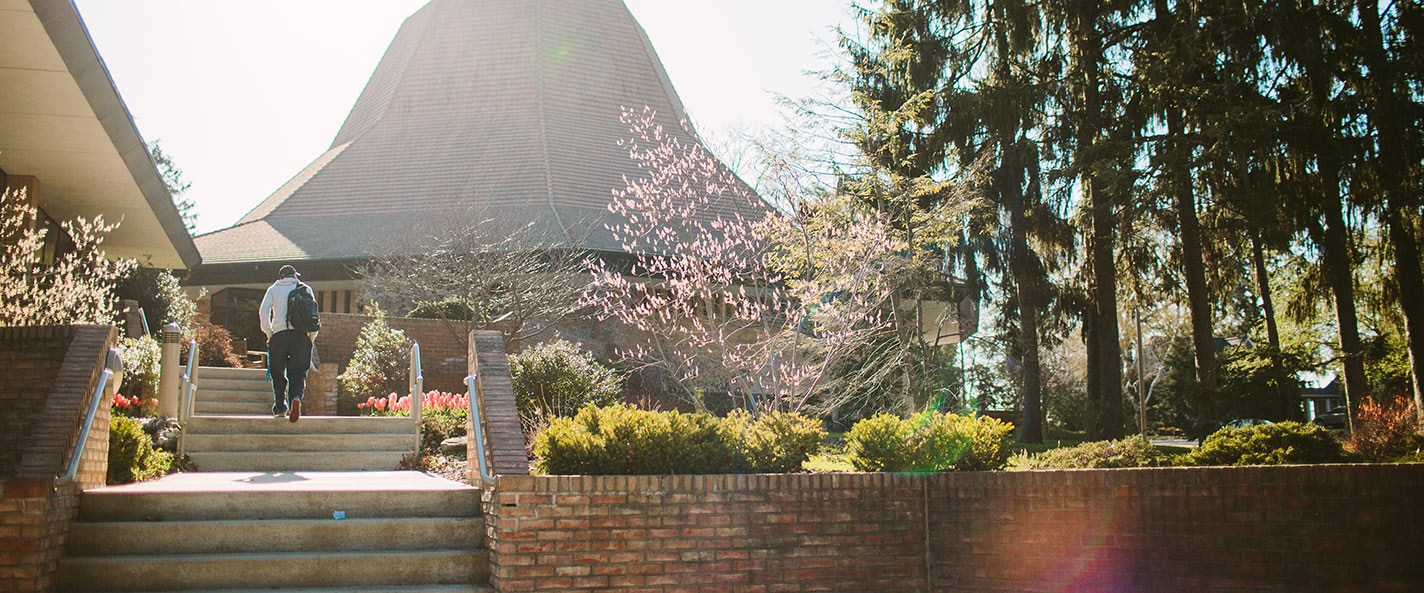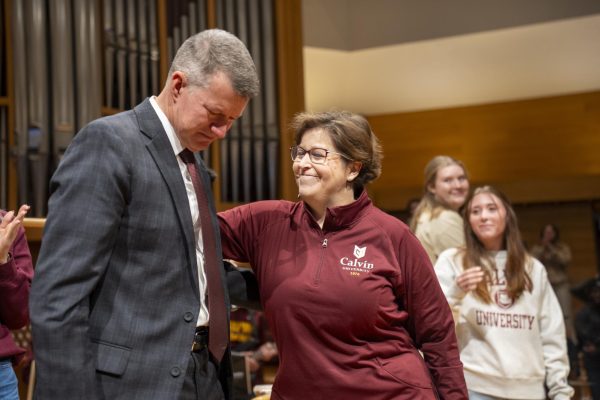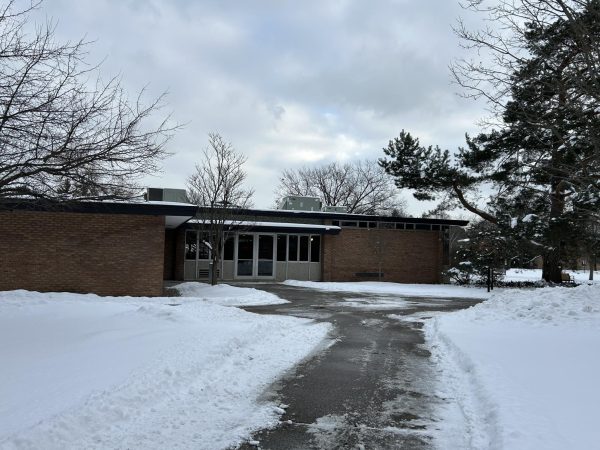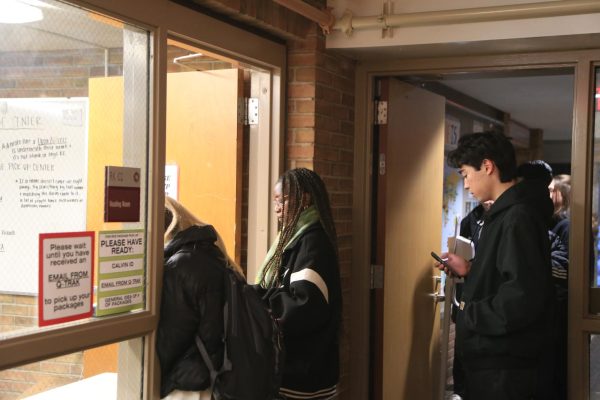Calvin ends school year with staff cuts
Calvin informed 12 staff members on Monday, May 22, that they’d be losing their jobs, according to an email President Michael Le Roy sent to faculty and staff.
These involuntary reductions come after 21 staff members applied and were accepted for a voluntary retirement incentive (VRI). According to Le Roy, some of those positions will be refilled, while others will be reallocated to areas of greater need or eliminated entirely. Calvin is also eliminating some currently vacant staff positions.
“These strategies have helped to minimize the number of involuntary reductions in staff to 12,” Le Roy said. These 12 staff positions will not be refilled.
Because this is a personnel matter, Calvin is not sharing the names of the affected staff members.
“The college makes these reductions with the utmost respect for each and every person,” Le Roy said. “Calvin will go to great lengths to take care of each individual by providing generous transition packages and help finding a new job.”
Staff members affected by the involuntary cuts “will be paid through June 30 and given additional severance based on years of service,” according to Le Roy’s email.
Calvin has made both the voluntary and involuntary reductions in order to match its budget with projections of future enrollment numbers.
“The leaders of all divisions of the college have thought hard and well about how best to organize the college to continue to support the growth and development of our students and keep their education affordable,” Le Roy said.
While no faculty are affected by the involuntary reductions, 17 faculty members have applied for the voluntary retirement incentive.
According to Provost Cheryl Brandsen, these faculty positions will most likely be refilled, though not necessarily in the same departments. But this also depends on enrollment:
“If enrollment were to really drop, for instance, we would not fill all the positions,” said Brandsen. But … the intent of the faculty VRI was never to permanently reduce the number of regular faculty positions.”
Le Roy pointed to declining high school graduation rates in Michigan as a major cause of tight higher education budgets in upcoming years. While some colleges may ignore the trends and make year-to-year decisions, Le Roy emphasized that Calvin is making decisions that are “in the long-term best interest of the college.”
“Ten years from now, we know the college will be different, and we want these differences to be guided by a responsiveness to God’s call and a shared sense of mission and direction,” Le Roy said.








